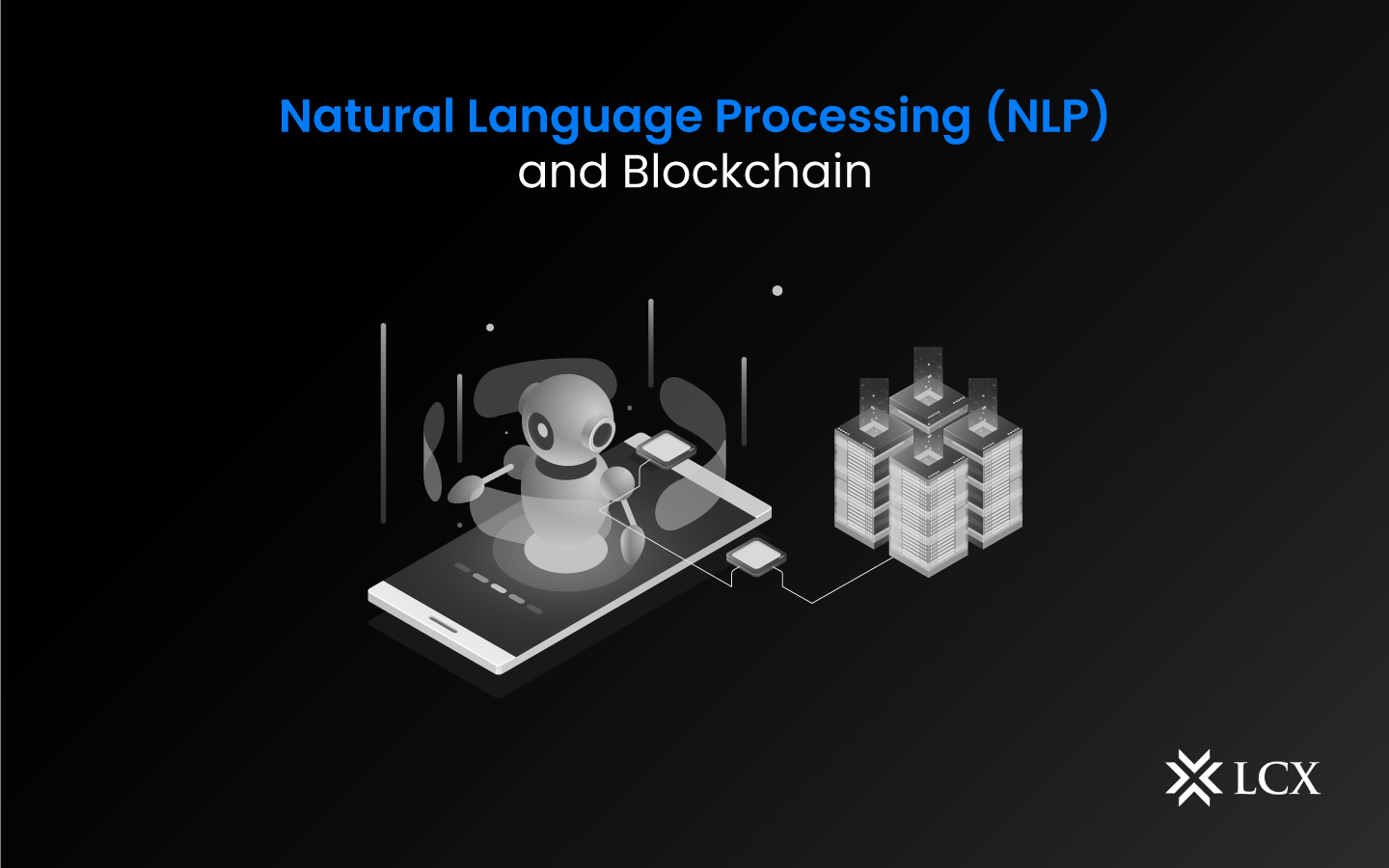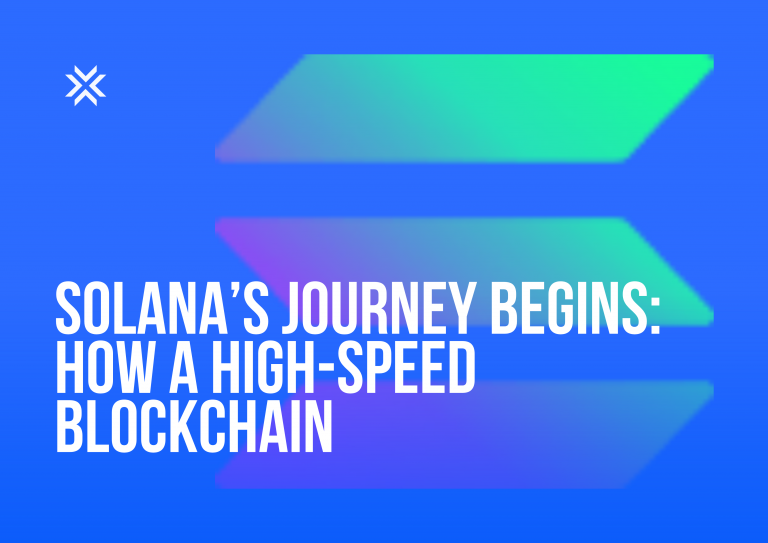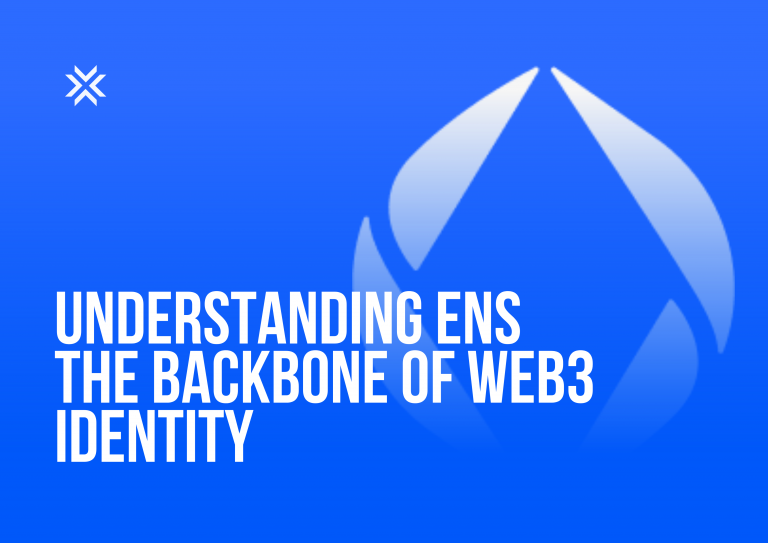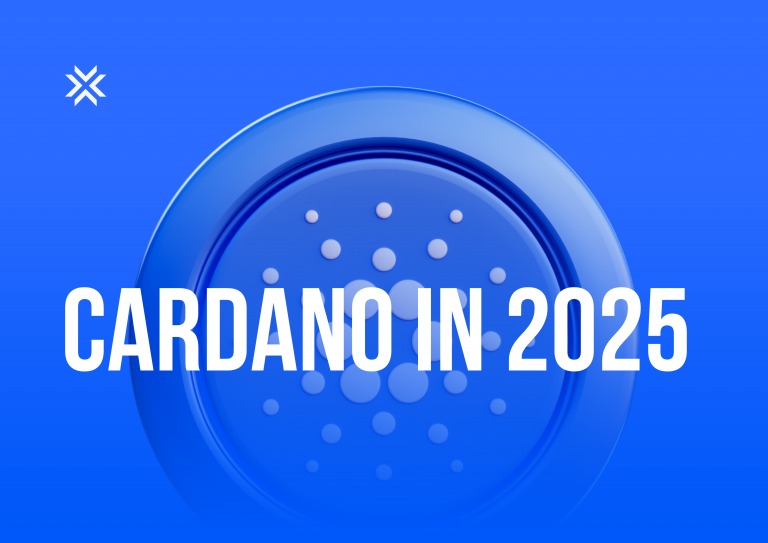Blockchain is a novel and cutting-edge technology that has the potential to transform how we interact with the internet and the digital world. In its most basic form, a blockchain is a distributed database that enables secure, transparent, and tamper-resistant transactions, meaning that information can be stored on a blockchain and shared across a network of computers without a central authority or intermediary. The potential of blockchain to enable novel applications of artificial intelligence (AI), particularly in natural language processing (NLP), is one of its most exciting features. NLP is a subfield of AI concerned with the comprehension and generation of human language; it is pervasive in many forms, including voice recognition, machine translation, and text analytics for sentiment analysis.
With blockchain technology, NLP can be elevated to the next level. For instance, smart contracts could be used to autonomously execute contracts when certain conditions are met, an implementation that does not require a physical user intermediary. Similarly, NLP algorithms could be applied to data stored on a blockchain in order to extract valuable insights.
Combination of Blockchain and NLP
There are numerous benefits to combining blockchain and NLP. It enables trustless transactions, which means that two parties can transact without having to trust each other or rely on a third party such as a bank or government. They can instead rely on the security and openness of the blockchain.
Additionally, the intersection of blockchain and NLP creates new opportunities for automation. Smart contracts, for instance, could be used to autonomously execute agreements when certain conditions are met, with no user intervention required. Throughout the process or at key implementation touchpoints, data stored on a blockchain could be analyzed with NLP algorithms to glean valuable insights.
Lastly, combining blockchain and NLP could contribute to the protection of privacy. For example, personal data could be stored on a private blockchain and only shared with authorized organizations, granting the user greater control over their personal data and who has access to it.
How Blockchain Solutions Can Be Used for NLP?
Natural Language Processing (NLP) can utilize blockchain technology in a variety of ways. Here are some examples of technologies that can be used to employ blockchain in NLP:
- Smart contracts: Smart contracts are contracts that automatically execute, with the parameters of the agreement between the buyer and the seller written directly into the lines of code. They can be used to construct decentralized applications that automate certain tasks, such as authenticating text or voice data.
- Tokenization: Tokenization is the process of transforming data into a transferable and tradable digital token on a blockchain. In the context of natural language processing (NLP), tokenization can be used to generate digital tokens representing words or phrases, which can then be stored on a blockchain.
- Decentralized storage: Blockchain technology can be used to create decentralized storage solutions that enable data to be stored and verified on a distributed network. This could be used to store secure and tamper-proof NLP data, such as text or voice recordings.
- Consensus algorithm: Consensus algorithms are used to verify transactions on a blockchain and assure the security and dependability of the network. They could be utilized in NLP applications to validate data’s precision and authenticity.
- Interoperability: Interoperability refers to the capacity of various blockchain networks to communicate and interchange data with one another. This could be beneficial for NLP applications requiring the exchange of data between various systems or networks.
The combination of blockchain technology and natural language processing has the potential to generate new and innovative applications that enhance the precision, security, and openness of language processing systems.
Implications of Blockchain Development Solutions in NLP
The implications of blockchain in NLP are significant and have the potential to revolutionize how language data is processed and analyzed. Here are some implications of blockchain technology for NLP:
- Decentralization: Blockchain technology is intrinsically decentralized, so there is no singular point of failure. As there is no centralized authority governing the data, this can make NLP systems more secure, transparent, and resistant to manipulation.
- Security and privacy: Blockchain solutions can be used to secure and safeguard language data, ensuring that it is not compromised. Sensitive information can be stored on the blockchain in a secure and tamper-proof manner, which can help to protect the privacy and confidentiality of individuals.
- Trust and verification: Blockchain can be utilized to verify the authenticity of language data, ensuring that it is authentic and has not been tampered with. This can aid in establishing confidence in language data and enhance the precision and dependability of NLP systems.
- Efficiency: Blockchain technology can be used to create more effective language processing systems because data can be stored and shared more rapidly and securely. This can help reduce the time and expense required to process language data while increasing the precision of the results.
- Innovation: Combining blockchain and NLP has the potential to generate new and innovative solutions to long-standing language processing challenges. Researchers and developers can create more accurate, efficient, and secure NLP systems that better meet the requirements of businesses and organizations by combining the strengths of both technologies.
Industries That Can Benefit From the Combination of Blockchain and NLP
The combination of blockchain technology and natural language processing offers vast opportunities to benefit a broad range of industries by delivering novel and innovative solutions to longstanding problems. Here are some examples of industries that could benefit from the combination of blockchain technology and natural language processing:
- Healthcare: Blockchain technology can be used to store and secure sensitive patient data, while natural language processing can be used to analyze and extract insights from this data. This combination could be used to develop more effective and efficient personalized healthcare solutions.
- Finance: Blockchain can be used to secure financial transactions, while natural language processing can be used to analyze and interpret financial data. This combination could be used to create more precise and effective financial systems.
- Legal: Blockchain solutions can be used to store and secure legal documents, while natural language processing can be used to analyze and extract insights from these documents. This combination could be utilized to create more effective and precise legal solutions.
- Marketing: Blockchain can be used to monitor and verify the efficacy of marketing campaigns, while natural language processing can be used to analyze and interpret customer feedback. This could be used to create more targeted and effective marketing strategies.
- Education: Blockchain services can be used to securely store and verify educational credentials, while NLP can be applied to interpret educational data. This combination could be utilized to create more precise and effective educational systems.
Thus, by combining the strengths of both technologies, businesses and organizations can create more precise, efficient, and secure systems that better meet their requirements.
Conclusion
In conclusion, NLP and blockchain are two rapidly growing fields that can be used together to create innovative solutions. NLP can be used to enhance smart contracts, analyze blockchain data, and verify identities. As blockchain technology continues to evolve, we can expect to see more use cases for NLP in blockchain.










